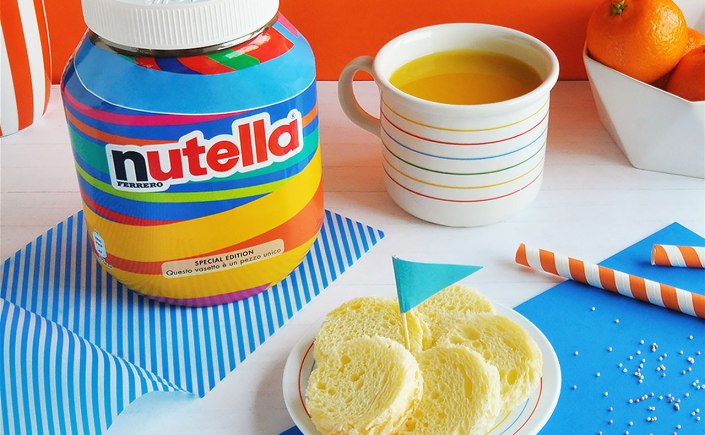Earlier this year, Milan-based design agency Ogilvy & Mather partnered with Nutella manufacturer Ferrero to unveil its “Nutella Unica” jars. The agency created an algorithm that generated 7 million unique variants of Nutella jars, from an assemblage of various patterns and colors. Ferrero sold these jars in Italy throughout the month of February; each of the 7 million unique jars sold out in a month.
Here’s a brief video of the manufacturing process showing the unique designs:
A 30-second spot in Italy highlighting these unique jars:
Due to the success of the campaign in Italy, Ogilvy & Mather and Ferrero have decided to sell these jars elsewhere in continental Europe, beginning with France.
It will be cool to see the unique jars make it to the United States. Also, from a coding/machine learning perspective, it would be really neat to see the source code/implementation of this algorithm.
